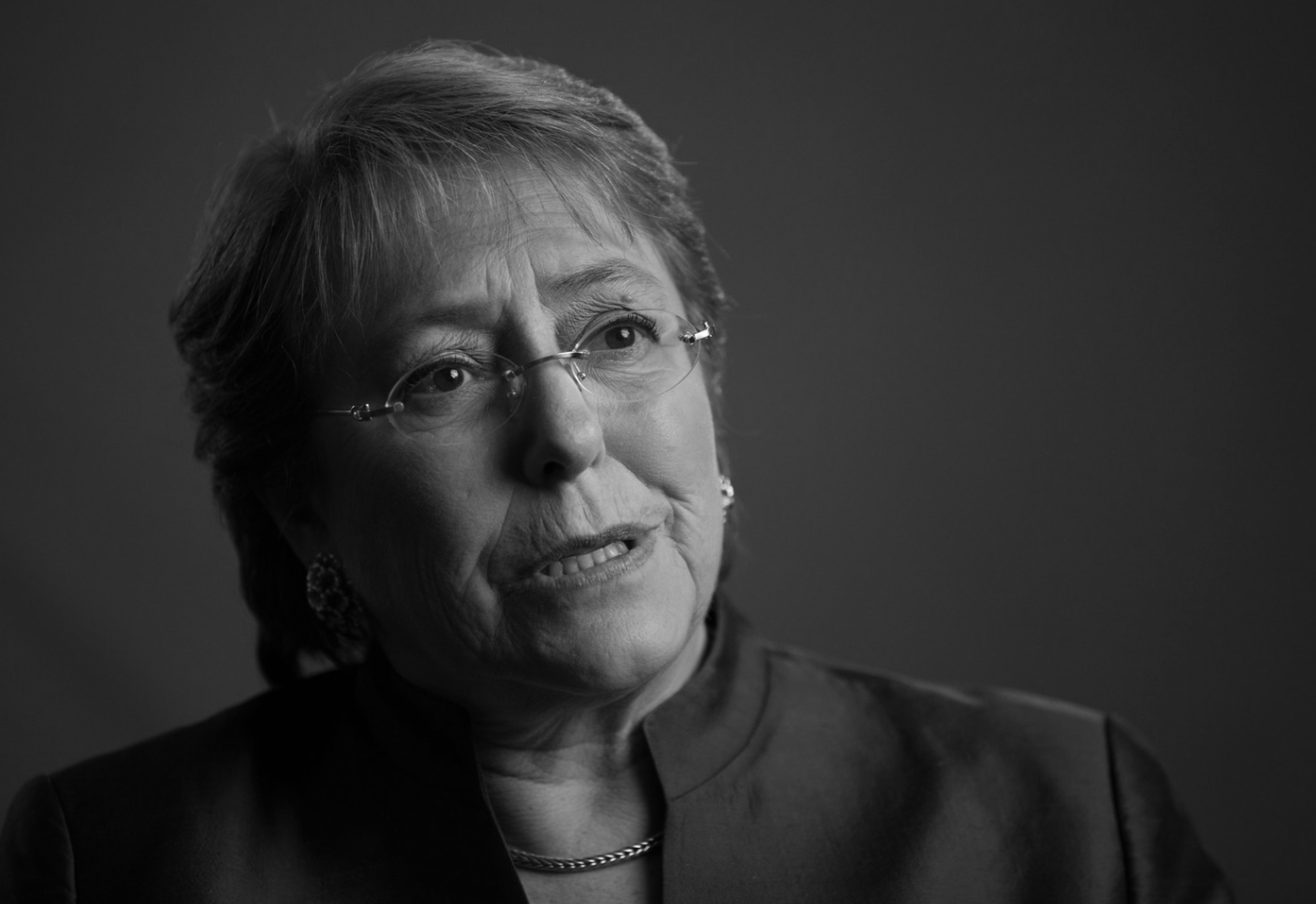Imagine the heartbreak, the terror, of learning your child was summarily executed, her body left lying in the streets. But when more than a decade later, her case is finally brought to an international court, it’s clear a culture of impunity remains among government officials, who are so brazen as to call you, her mother, in the middle of the hearing to “talk about the inconsistencies in the case.”
Last week’s hearing at the Inter-American Court of Human Rights regarding the Vicky Hernandez v. Honduras case, focusing on a transgender woman murdered at the hands of state agents, has prompted a long-overdue conversation about hate and prejudice that dominated and ultimately ended her life. It also made evident the incredible odds and risks that women like Vicky’s mother, and local activists face when demanding truth and justice, prompting the Court to react to the harassment against Vicky’s mother by granting protective measures for them in record time.
Vicky, a sex worker and activist with the Colectivo Unidad Color Rosa, an organization founded by trans women to advocate for their rights, was just 26 years old when she was killed during the night of the country’s June 2009 coup d’État, She’d been visiting a friend, but left when a curfew had already been imposed by the government, suspending key civil liberties, including freedom of assembly and circulation.
To anyone paying attention, particularly human rights activists, it’s clear the government of Honduras is culpable in Vicky’s death. In addition to the way she was killed—shot in the head, her body dumped in the empty street—the state’s investigation was characterized by negligence, inaction, and a culture of impunity for the state agents who murdered her.
Her case file lacks an autopsy report. Key witnesses were not interviewed. Clear lines of investigation were never followed, and the case was written off as a crime of passion.
Sadly, her killing is far from an anomaly—as high levels of violence and intimidation against LGBTQ people in Latin America remain pervasive.
Between January 2007 and November 2017, at least 4,385 people sought asylum in the United States based on claims of persecution related to gender identity or sexual orientation.
The three countries producing the most LGBTQ asylum seekers in the United States per capita were El Salvador, Honduras, and Guatemala, the so-called “Northern Triangle” of Central America, where anti-LGBTQ violence remains unchecked, where these communities are consistently denied basic human rights and excluded from social protections in marriage, education, health care, and economic security, and at work.
In Honduras alone, in the 10 years between the coup in 2009 and 2019, more than 370 LGBTQ people were killed, and trans people constitute the second-largest group of LGBTQ people killed during this period, data shows. Average life expectancy for members of the trans community stands at just 35 years.
In the cases of Matthew Shepard and James Byrd, Jr. it took years, decades, and devoted family and activists to pave the way for the laws to change in the United States, for hate crimes motivated by a victim’s actual or perceived race, gender, sexual orientation, gender identity or disability to be investigated and prosecuted under federal hate-crimes legislation.
Similarly, Vicky’s case—finally heard before the Inter-American Court of Human Rights last week—has presented an opportunity to protect LGBTQ individuals from the clear backlash of violence and cruelty Vicky faced for her gender expression, by developing new jurisprudence that would include gender expression as a part of the fundamental right to freedom of expression.
If the recent #MeToo movement has shown us anything, it’s that women fight for women, with transformative empathy working to expand and strengthen its community of survivors.
The Inter-American Court hearing featured the testimony of two trans women: Claudia Spellman, Vicky’s friend and the former director of the Colectivo, and expert witness Marlene Wayar, an Argentinian psychologist, author and editor of El Teje, the first travesti/trans newspaper in Latin America who spoke out publicly about the institutional violence and discrimination they face in their daily lives. There, our Robert F. Kennedy Human Rights’ female-led team of attorneys together with the Cattrachas Lesbian Network asked the Court to require the State of Honduras to move forward with the investigation in a timely, effective manner that recognizes the direct involvement of state agents, the prejudice involved in the crime, and that the possibility of sexual violence surfaced in the investigation.
To prevent future tragedies, the Court was also asked to implement legal reforms to recognize trans persons’ right to gender identity. To ensure change in practice, we also asked that Honduran law enforcement officers be trained about the threats and risks LGBTQ individuals face, and that the government establish a center in San Pedro Sula, named after Vicky, that would provide access to resources and opportunities that were denied to her and that continue to be denied to LGBTQ individuals, including HIV testing and health care, legal representation, and job training. Such remedies could become benchmarks for countries across the region.
Vicky may have died alone. But her legacy is one of community, of solidarity, of transgender women and cisgender women rising up together to demand justice. Together, we must honor that.



